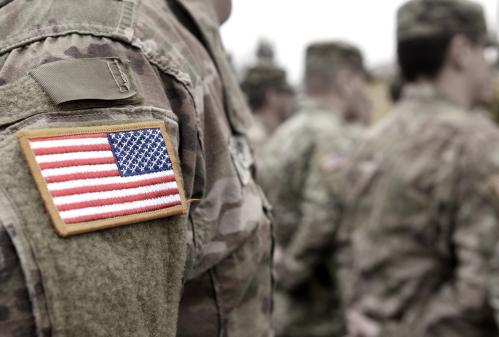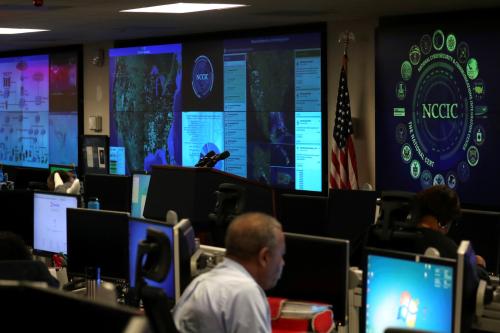Today (Saturday) a remarkable event occurred. About 60 U.S. military vehicles and several hundred soldiers ventured well into Baghdad and spent perhaps three hours on the mission. They encountered a good deal of Iraqi resistance; the resulting fighting was heavy.
An estimated 1,000 to 2,000 Iraqi military and paramilitary forces died, and about 30 Iraqi military vehicles (mostly trucks) were destroyed. One American was killed and one U.S. tank lost.
This mission reportedly accomplished several immediate tasks. It told Iraqi civilians and troops, many of whom have been hearing that U.S. forces were dozens of kilometers from Baghdad, that the coalition is in fact already able to reach into the heart of their capital. The mission cleared some southern reaches of Baghdad of Iraqi forces, at least temporarily. It gave us insight into how the Iraqis plan to fight, how they are positioning their forces how they communicate and what weapons they have available.
But perhaps most of all, this operation gave us a clear window into how the United States and Britain plan to engage in urban combat in this war. Just as the British have gradually probed into Basra over the last week, U.S. forces are beginning to do the same now in Baghdad.
There will apparently be no major street-by-street fighting, at least not now. Nor will there be a Panama-style “urban blitzkrieg” in which we seek to seize and hold dozens of sites inside the city at once—at least not yet. Instead, the goal is to gradually work on the Iraqi civilian psychology, gradually disrupt Iraqi elite forces, and gradually gain intelligence.
This is not to say we are engaging in the fight slowly or leisurely; the suddenness and seriousness of today’s raid was somewhat surprising, especially since the 4th Mechanized Infantry Division is not yet in position to help with the fight for the capital.
But we are trying to be patient, even as we are also trying to maintain the initiative and momentum. It is a balancing act. So far it seems to be working well.
It may be a while before coalition forces try to hold onto large swaths of Baghdad. Once they set up bases well within the city, they become much more vulnerable not just to the rifle fire and rocket-propelled grenades faced today, but mortars and artillery and even chemical weapons. So these sorts of raids may continue for a while. Or, perhaps not.
If we are lucky, Iraqi forces may collapse soon. Losing 2,000 men out of a total force of perhaps 30,000 to 40,000, as they did today, is quite a setback in a day. Perhaps the end is near. But perhaps it will still take much or most of the month of April to complete the operation. It is simply too soon to say.
The Brookings Institution is committed to quality, independence, and impact.
We are supported by a diverse array of funders. In line with our values and policies, each Brookings publication represents the sole views of its author(s).



Commentary
Op-edA Daring Foray into Baghdad
April 6, 2003